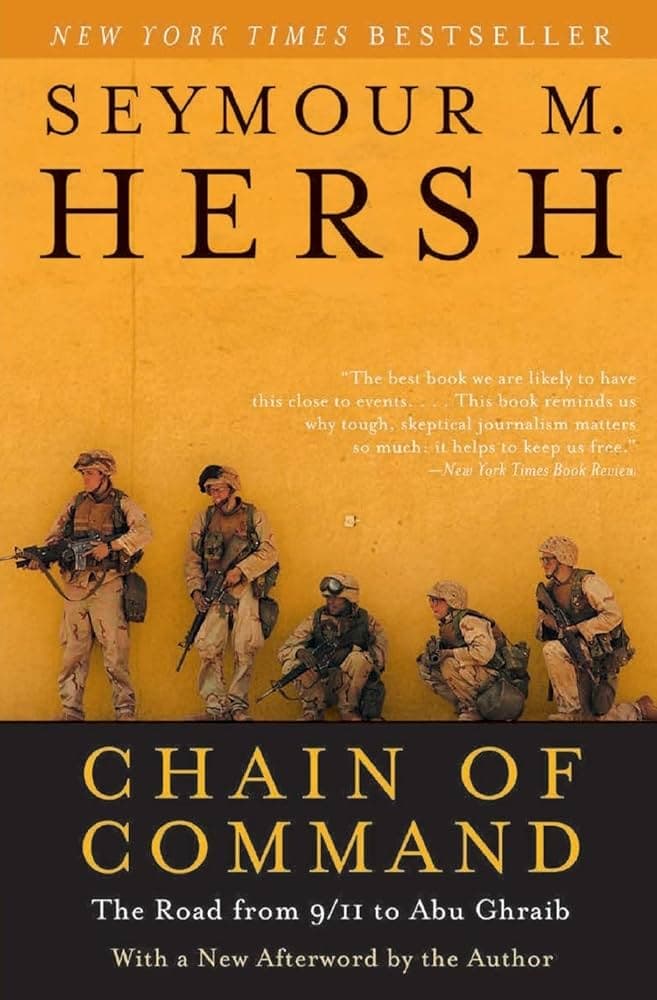Seymour Hersh: Dick Cheney's Post-9/11 Policies Forced Journalists to Uncover 'Official Lying'

Renowned investigative journalist Seymour Hersh has published a reflective essay detailing how former Vice President Dick Cheney's actions following the September 11, 2001, attacks profoundly shaped his career. Writing on his Substack, Hersh recounts how Cheney's assertive role in the War on Terror compelled him to pursue deeper investigative journalism. The essay emerged as Hersh reflected on Cheney's passing, according to the article's context, and his legacy as a "most significant vice president."
Hersh, known for his critical reporting for The New Yorker, described Cheney as the "point man" for the post-9/11 response. He stated that his investigations were often aided by insiders who believed there were better ways to react to the attacks than those pursued by the administration. These sources, driven by "loyalty to the Constitution," provided crucial information that exposed what Hersh termed "official lying."
The journalist highlighted Cheney's push to expand CIA, NSA, and military intelligence operations, which he argued "shredded Constitutional limitations." Hersh's reporting frequently uncovered instances of the administration's "repeated lying" about military foul-ups, implicating figures like Secretary of Defense Donald Rumsfeld and National Security Adviser Condoleezza Rice. This climate of misinformation, Hersh explained, solidified his resolve to uncover the truth.
Inside the intelligence community, there was significant stress regarding the legality of actions, including the expanding authority for US special forces to assassinate targets. Hersh quoted a retired senior CIA official who described being told, "Do what you gotta do," when seeking approval for sensitive operations. Another insider, now retired, characterized Cheney as "smarter and more pragmatic than any president he served," quietly shaping foreign policy with few public footprints.
Hersh's essay serves as a powerful testament to the role of investigative journalism in holding power accountable, even in times of national crisis. His reflections underscore the enduring impact of the post-9/11 era on government transparency and the persistent efforts required to bring hidden truths to light. The piece reinforces the idea that profound political events can significantly influence journalistic practice and dedication.